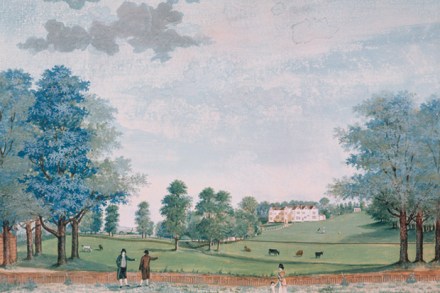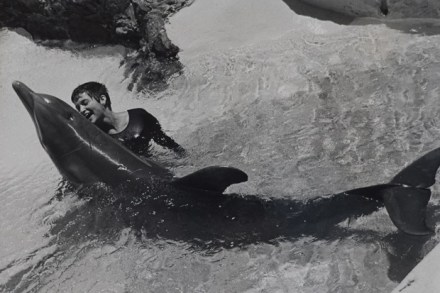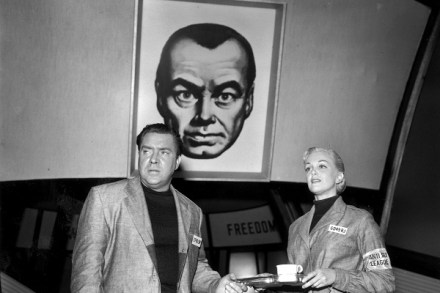Will Self is in no position to criticise George Orwell
In The Mating Season, P.G. Wodehouse – perhaps George Orwell’s only rival as the century’s greatest English writer – puts this piece of advice into Bertie Wooster’s gormless gob: ‘In dishing up this narrative for family consumption, it has been my constant aim throughout to get the right word in the right place and to avoid fobbing the customers off with something weak and inexpressive when they have a right to expect the telling phrase. It means a bit of extra work, but one has one’s code.’ Orwell, I think, would have approved of Bertie’s code. If Will Self – who recently put out an essay describing Orwell as ‘the supreme















